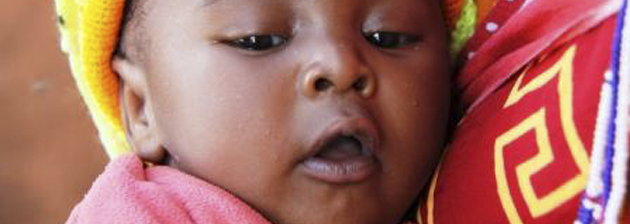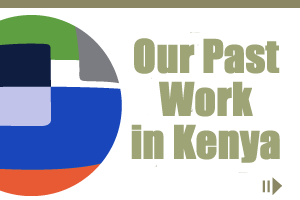It is common practice that a woman who is unable to produce enough milk may rely on a wet nurse to help feed her baby. Most orphans are fed that way. A journalism roundtable at Internews in Kenya examined the role of caregivers in Prevention of Mother to Child Transmission (PMTCT) of HIV – and this includes house helps. Journalists learnt that they need to provide adequate information on PMTCT because many people did not realize how important it was that caregivers understood how HIV transmission can be prevented.
“My two children were breastfed by my sister”, said Mrs. Linda Oyier. “For some reason I don’t produce adequate breast milk so usually when I give birth, my younger sister breastfeeds for me. I don’t know my sister’s HIV status and it didn’t occur to me that I could be putting my children at risk of HIV until today.”
“When I gave birth five years ago I chose to exclusively breastfeed my baby for six months because I was HIV positive”, said Mrs. Maureen Onyango. “I would express my milk and leave my baby with the house help before I left for work but I can’t say if she did not give the baby other food.”
Dr. Francis Nyamiobo from the Kenya Aids Control Project said that Maureen’s experience highlights the need to integrate child minders in the PMTCT programme. The minders need to know that exclusive breastfeeding only helps to minimize the risk of HIV transmission if it really is exclusive – no other food may be eaten by the baby.
He says that when child minders, including relatives and nannies, have limited information on HIV, they may undermine the best efforts of the mother, putting the health of the child at risk.
Dr. Myamiobo also told the journalists that the programme should be renamed to “Prevention of Parent to Child Transmission” of HIV to encourage the involvement of fathers.




